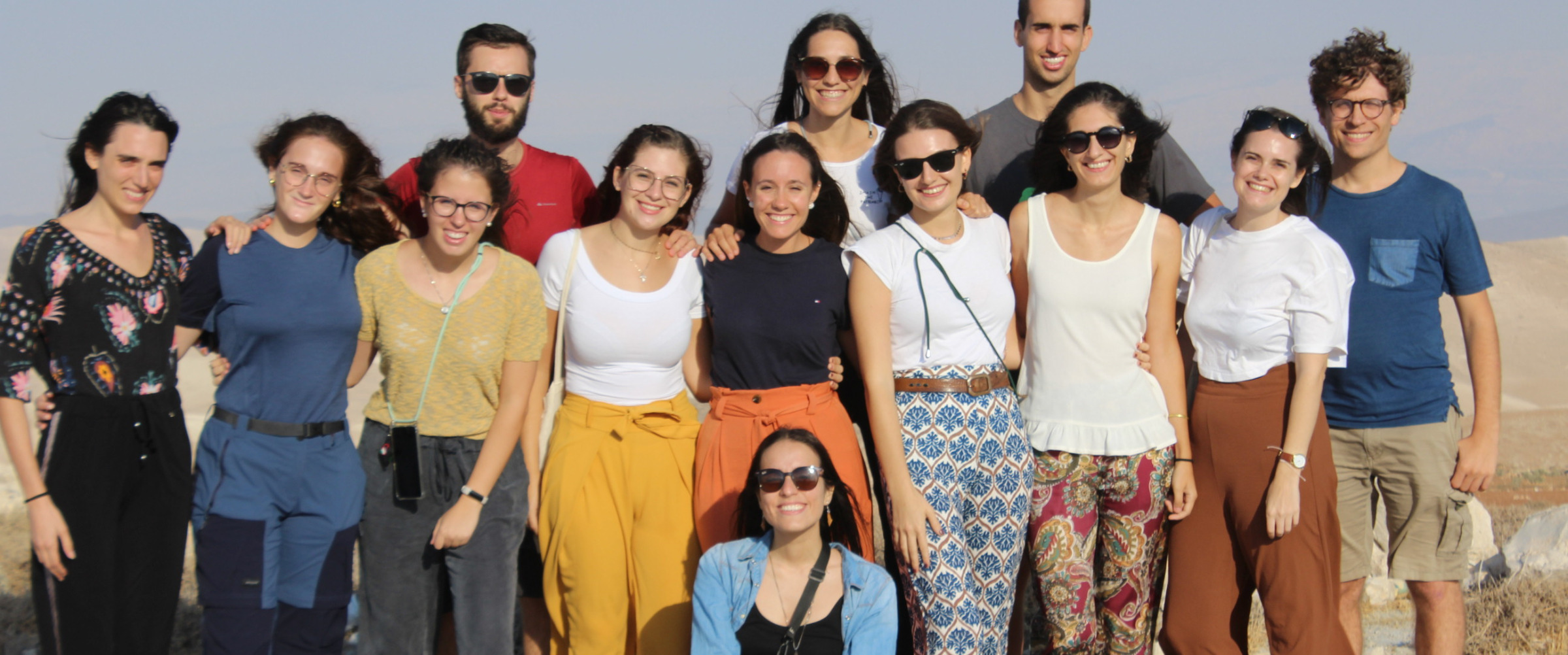Tomorrow evening, the seven volunteers of the Universal Civil Service in Jerusalem and Bethlehem will return to Italy after eleven months of service in the Holy Land. Once they finished their university studies, the girls were selected to carry out the Civil Service with Pro Terra Sancta and, after the experience, we asked some questions to two of them: Catherine of Bethlehem and Julia of Jerusalem.
Below is the interview.
Caterina and Giulia, tell us briefly what you have done during this year of Universal Civil Service.
Catherine: “During this year of Civil Service in Bethlehem I was involved in teaching Italian to the Franciscan friars of the Custody of the Holy Land. The course lasted 12 hours per week and my class consisted of 8 students, four of African origin, three Latin American and one Slovak. The study of this language for them is preparatory to the study of theology.
Another activity I dealt with was the support to the head of the cultural activities. This year, in addition to the organization of various events such as cultural talks, concerts, shows for adults and children, we have made the most of the building in which the offices of Pro Terra Sancta are located, the Dar Al Majus Community Home and the works or installations inside it.
As for the design part, instead, I dealt with the constant updating of a file that described the main characteristics of the projects in progress, those completed and the project proposals presented to the various donor agencies by the office of Pro Terra Sancta in Bethlehem.
I also carried out research in the cultural field, regarding the Basilica and the reality of Christians in Bethlehem.
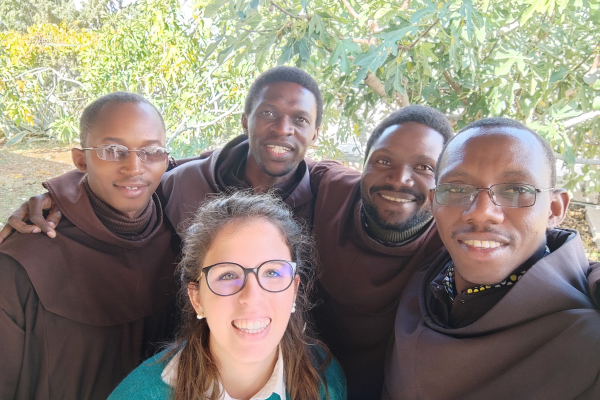
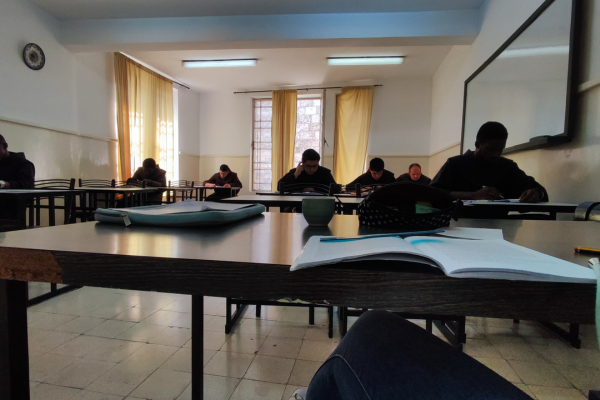
Julia: During these eleven months of Civil Service in the Holy City I worked for the Office of Cultural Heritage of the Custody of the Holy Land, which among many things, plans the construction of the historical section of the Terra Sancta Museum.
For Cultural Heritage I managed several tasks. First of all, I have prepared numerous inventories at the Franciscan convents and I will continue this great work this summer first in Rhodes and then in Rom. The aim is to include in a single database all the cultural heritage of the Franciscans, from works of art to objects for ceremonies. Then I digitized and transcribed some manuscripts from the archive of the Custody that will then be exhibited in the museum [the Terra Sancta Museum], whose opening is scheduled for 2026. Finally, or followed several projects especially on the restoration of ancient documents and books in collaboration with the Armenian Patriarchate, which has an incredible restoration laboratory.
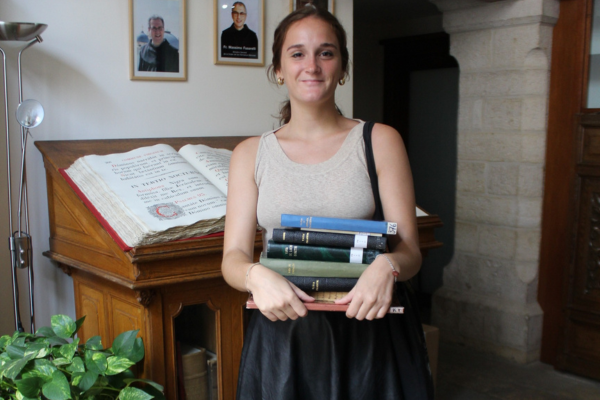
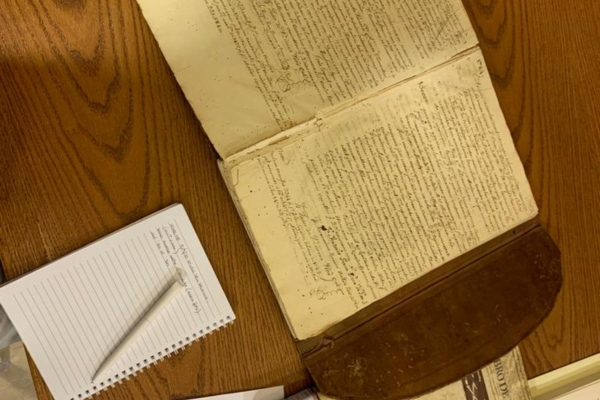
After eleven months in the field, what professionalism have you achieved?
Caterina: In these months in the field I think I have developed a good ability to teach Italian to foreigners: more than 300 hours in the classroom, in fact, have allowed me to learn how to organize work, manage the class, learn new ways of active teaching and experience what it means to evaluate learning.
Both thanks to teaching and working in a context so profoundly different from mine, I have also improved my ability to relate to people belonging to cultures different from mine.
One aspect that I did not think I would experience but that unexpectedly fascinated me is the organization and management of cultural events. This activity allowed me to relate to different realities and people and was an opportunity to rediscover the beauty and richness of the place where I worked all these months.
Julia: The level of professional English has improved so much and this was a goal I had before leaving. I often write contracts for loans of Franciscan objects for temporary exhibitions in other museums. I was immediately struck by discovering the world of library and museum archives. It is impressive all the work that goes into the years before the opening of a museum; It was a world I didn’t know and it opened my eyes to a truly fascinating world.
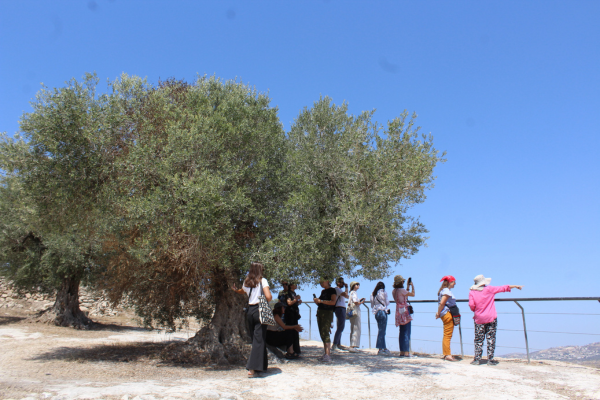
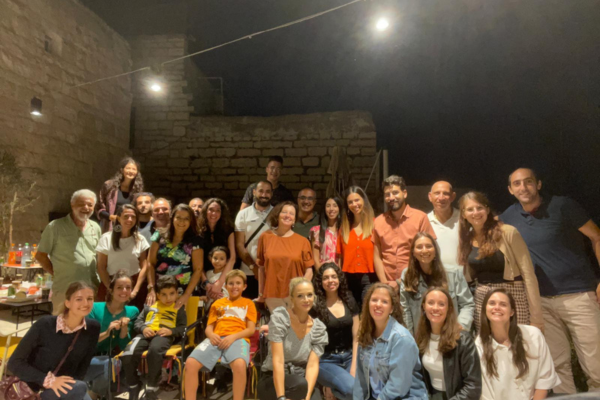
Do you think that the Civil Service abroad has helped you understand what work you want to do in the future?
Caterina: This year of service abroad has been an opportunity for professional growth for two reasons. The first reason is that unexpectedly – I want to emphasize this because the unexpected things you don’t want are often the most useful and you need – I was asked to take care of teaching, which then became my main job. Slowly, investing energy and time I became very passionate about this work so as to understand that in the near future I would very much like to obtain a certification that allows me to teach Italian to foreigners. This type of teaching always poses new challenges but at the same time requires a lot of passion and creativity, a perfect combination of what I am looking for at a professional level.
On the other hand, these months have been the confirmation of what I wanted before leaving and that I would like to become my job in the coming months, or take care of the training and guidance of young people or adults to help them enter the world of work with more awareness, developing and making the most of their skills. Witnessing the implementation of similar projects by the association, the desire to pursue this professional path also in Italy was confirmed.
Giulia: I don’t know exactly what job I want to do in life. This year of service opened me up to a world I didn’t know existed and is now included in my job options. I think it is also important to add that, like so many experiences in life, this one has also helped me to understand what I do not want to do among the many activities I have done and the responsibilities I have had.
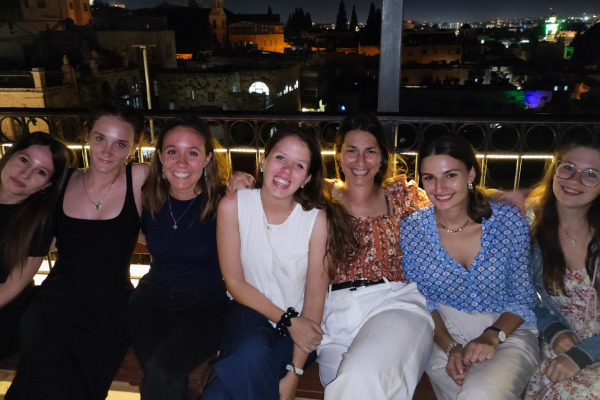
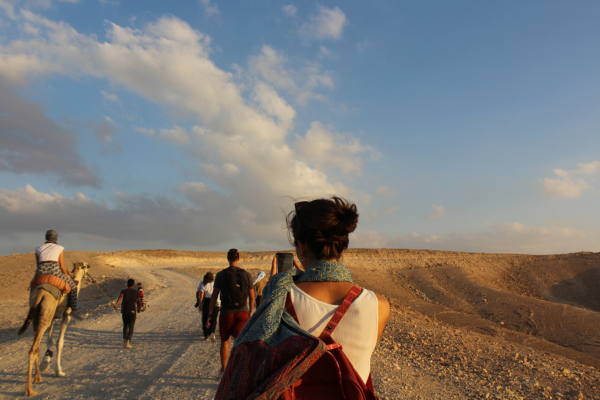
The work of volunteers is fundamental for us to carry out the many works and activities in the Holy Land. For this we thank each of them and we are ready to welcome the new volunteers who will reach our offices between July and August.
By Veronica Brocca | proterrasancta.org

